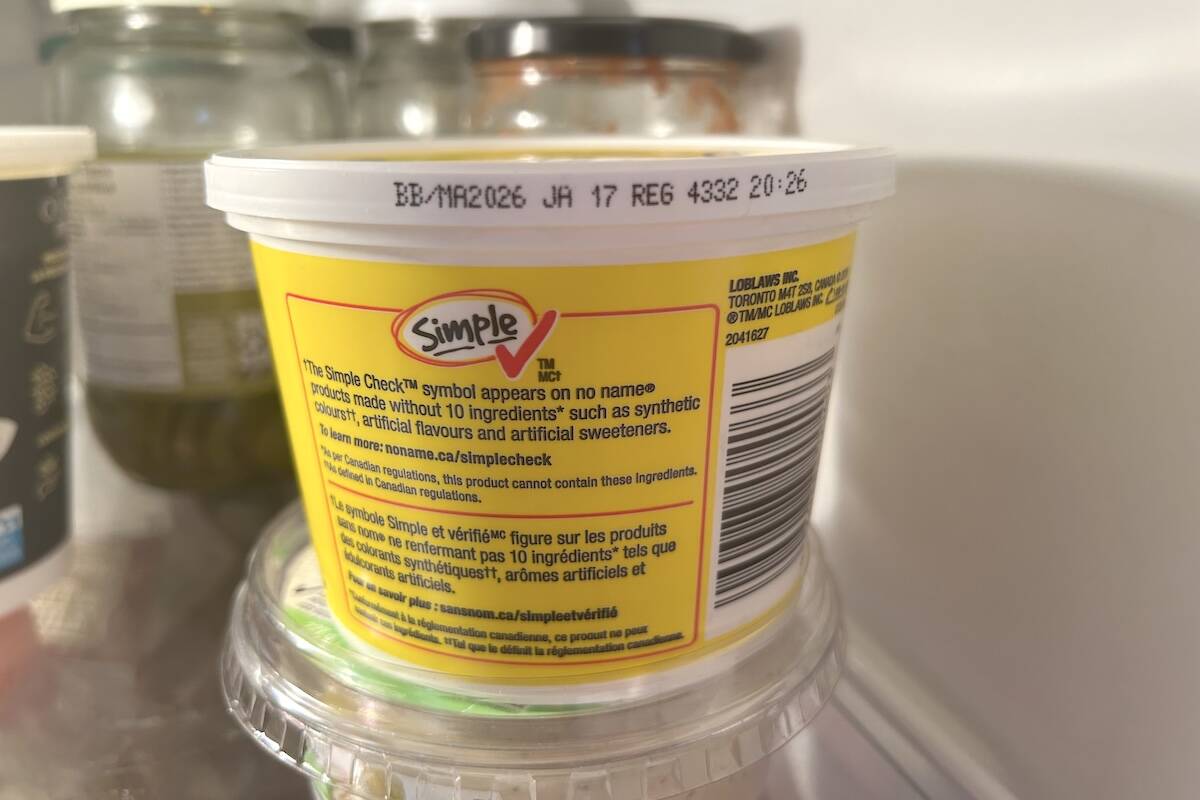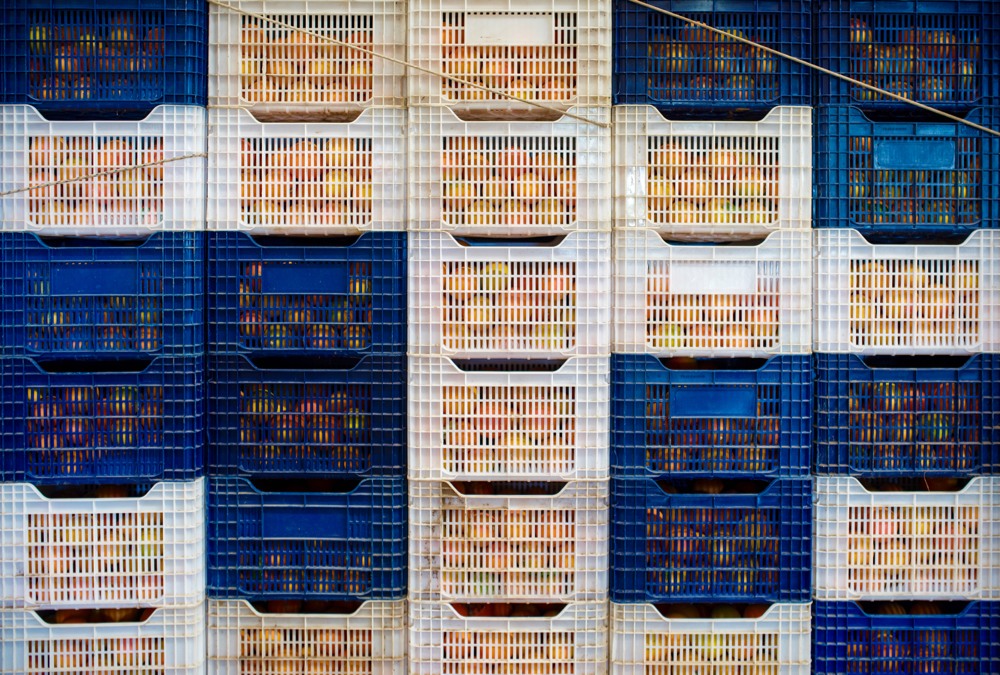Nothing speaks “memory” more than fresh bread. From brioche to baguette, it is bread that we break together, and every culture on earth has its favourite. The long flatbreads of the Mediterranean and Africa, the soft steamed bao buns of Asia, the naan of India, the corn bread of the South Americas and hundreds of other varieties nourish the soul and bring sustenance to the plate.
The history of bread goes back to the beginning of time. But in the last 12,000 years, we liken the narrative to the paste originally made from water and crushed wild barley or wheat grass seeds that were harvested in the Fertile Crescent. At some point, wild yeast was added and bread rose. That practice took off commercially after 1860, when yeast was formally implemented into the baking process.
Bread was — and still is — the holy grail of the table. And it is big business, with sales in Canada expected to value $10 billion in 2025. The price per loaf has always been under scrutiny, especially in terms of the value of retail compared to the income of the farmer. Farmers typically receive about 22 cents per loaf but they are not the only ones holding the short end of the straw. Consumers have been gouged as furiously as farmers have been underpaid.
Read Also

Best before doesn’t mean bad after
Best before dates are not expiry dates, and the confusion often leads to plenty of food waste.
We have the Competition Act in Canada under which the maximum penalty is 14 years imprisonment if competitors are proven to agree, conspire or arrange to fix, maintain, increase or control the price of any product.
Starting in 2016, a class action suit spurred the Competition Bureau into investigating the price of bread. Loblaws Companies Ltd. and parent company George Weston Ltd. admitted to being part of a price-fixing scheme and will pay out $404 million with the remaining $96 million of the judgement accounted for in the gift card program that Loblaws announced in 2017.
Canada Bread has pleaded guilty to four counts of price fixing. Though Canada Bread has had the ovens on since 1911, and the name sounds home-baked, the company has been owned by Grupo Bimbo out of Mexico since 2014. Grupo Bimbo is the largest baking company in the world and distributes over 1,000 products under 18 brands in Canada. Their admittance to wrongdoing resulted in the cancellation of federal contracts and some widespread anxiety about conspiracy, which they continue to deny, as do the other defendants in the suit, namely Sobeys, Walmart Canada, Giant Tiger and Metro.
What is interesting in this decision and in the class action suit is that there is no directive to reduce bread prices. In 2014, the average price of 675 grams of ordinary bread in Canada was $2.83. In 2024 it was $3.45, and by 2028, the price is forecast at $6.82 — all for the same loaf. A $10 billion industry does not even stumble with a couple hundred million in fines. But we as the consumer do. We stumble and fall under the pressure of increased food prices.
In the same time period of 2014 to date, the cost of grocery for a Canadian family of four doubled. In 2014, Canadians spent $8,109 on groceries, and this year that same family will need $16,833 just to eat. This puts single parents, seniors and the vulnerable at risk. The numbers don’t lie. Food insecurity in Canada is at 22.9 per cent which is nearly double the rate of 12 per cent in 2014.
We have more than enough. We have the food and the water in Canada. What we do not have is a system that is focused on local and national infrastructure, innovation, technology, knowledge, value adding, flexible logistics and delivery, food equality, human rights and locally-driven solutions. None of our leaders have been hungry. And as for farmers, diminishing returns do not build a nation, and there is little appreciation for agriculture as the foundation of a robust economy. As an overarching concern, the grossly under-regulated retail sector keeps average consumers hungry all the time.
It is in poor taste to insult a society by shorting them of a very basic need — food. It is criminal that while defendants were found guilty, the price of bread kept going up, and the fines represented mere crumbs on the corporate bakery floor.
For every kitchen table, little bistro, breakfast bar, hamburger joint, white table restaurant, school café, hospital, diner or soup kitchen, the bread price fix was damaging and extraordinarily intrusive. It was a violation of a basic universal right to access affordable food.
A competitive environment ensures that there is choice and that there are checks and balances. Without it, we will be socially and economically trapped on the fringes of food insecurity for generations.
The term “our daily bread” speaks to the reverence of food in our lives. Threatening access to our food supply through price fixing is corruption in its lowest form. We need to stay vigilant within our own borders to ensure that all Canadians have access to the food they need at a price they can afford.
















